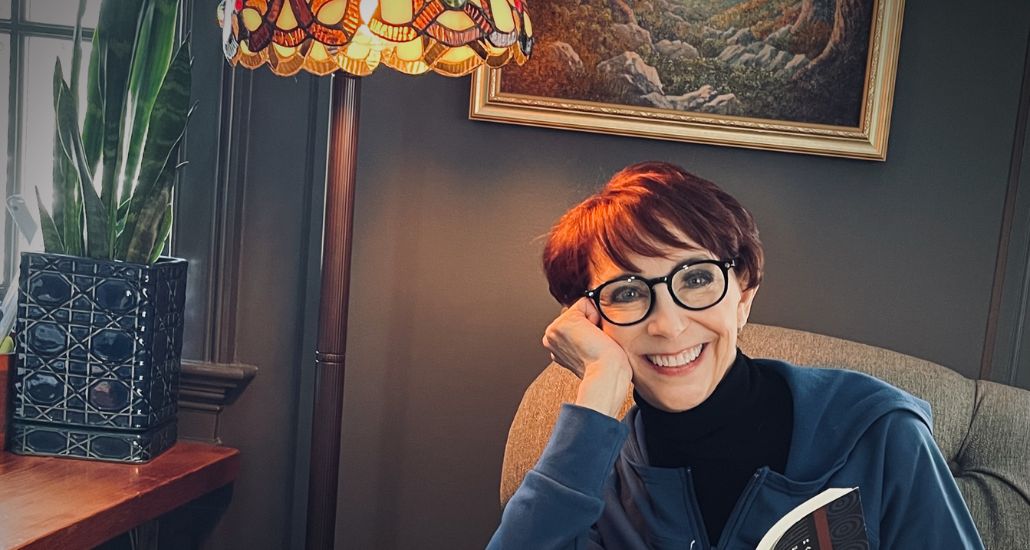“I have good news and bad news,” said the researcher who’d just analyzed my brain scans. “The bad news is that you have ADHD. The good news is, it’s treatable.”
“Really?” I said. “I have attention deficit disorder? But…I have no trouble paying attention. Sometimes I pay so much attention to whatever I’m doing that I accidentally stay up all night.”
“That’s called hyperfocus,” he explained. “You pay too much attention to some things, and not enough to others. You have what we call an ‘interest-based’ nervous system—you pay more attention to things that interest you than to things that don’t.”
“Wait,” I frowned. “Do most people pay the same amount of attention to everything, whether they’re interested in it or not? Good lord, how do they even decide what to have for breakfast?”
“No, no, no,” he replied. “What I’m saying is that most people can allocate their attention in a way that’s optimal.”
“Optimal for what?”
“Functioning in society. School. Work. I’m sure all that’s been hard for you, but as I said, we can help.”
I decided it would be obnoxious to tell him that I had three Harvard degrees and a job teaching business school. Then again, I thought as I drove away from the clinic, I had no idea where those degrees were. The physical paper ones, I mean. I know a lot of people frame them and whatnot, but that just didn’t interest me.
“Huh,” I murmured, thinking about the other things that didn’t interest me. Maybe ADHD is what put me into a deep, involuntary slumber every time my accountant tried to explain tax law. Maybe my “disability” was the reason that, on several occasions, I’ve bolted from important meetings because someone said there was an animal outside: a moose in Alaska, a python in Singapore, a squirrel in New York City. An albino squirrel. I mean, wouldn’t anyone leave a meeting to see that?
Apparently not.
On that drive I realized that I’d won a chunk of the genetic lottery: I was born with severe ADHD and an innate curiosity about everything taught in school. It was only after my diagnosis that I realized how awful school must have been for many of my classmates, sitting for hours, forcing their attention onto things that bored or confused them.
In 1968, NASA funded a study to identify “creative geniuses.” Researchers found that about two percent of adults fit in this category. But when they tested young children, a full ninety-eight percent showed up as creative geniuses. The researchers blamed the school system for pushing, shaming, and punishing children out of their own interests and toward compliant behavior, so that they’d eventually function well in factories and offices.
There’s a high probability that something like this happened to you. I deeply believe that your essential nature is a creative genius. And I suspect you’ve been taught to ignore, repress, perhaps even hate this genius self. But it hasn’t gone anywhere. You can still set it free.
As a self-help author and coach, I help people free their original genius by using processes so obvious I can hardly believe everybody doesn’t use them all the time.
Here is one you can try right now. Your prompt:
Think back on something you tried to learn even though it didn’t interest you: a subject in school, a religious doctrine, a lecture from a coworker with the charisma of a turnip. Remember the feeling in your body when you focused on this thing; how it felt when you forced yourself to pay attention to it. Notice the sense of having to push forward, as if you’re walking uphill.
Now think of something you did enjoy learning about. It may have been a skill, your first love, or a car you longed to own. Remember what your body felt when you learned about it, or thought about it in idle moments. Notice that you feel almost magnetically pulled toward it: your eyes, ears, and other senses give it primary attention.
Then, just notice what feels like a “push,” and what feels like a “pull.”
The next time you drive to work, scroll through social media, or mingle with a group of people, notice when you want to lean in, look more closely, and learn more, or turn away and do something—anything—else. As you notice what you’re feeling, just think, “That’s a push,” or “That’s a pull.”
For ten minutes today, choose to go away from something that feels like a push and toward something that feels like a pull. Tomorrow, do it again. And repeat. Do this consistently, and you’ll feel your original genius awakening, guiding you, expressing itself. If people disapprove, do it anyway.
Become the genius you’ve always been.











3 comments
AT 5:24 AM
AT 3:22 AM
AT 6:31 PM